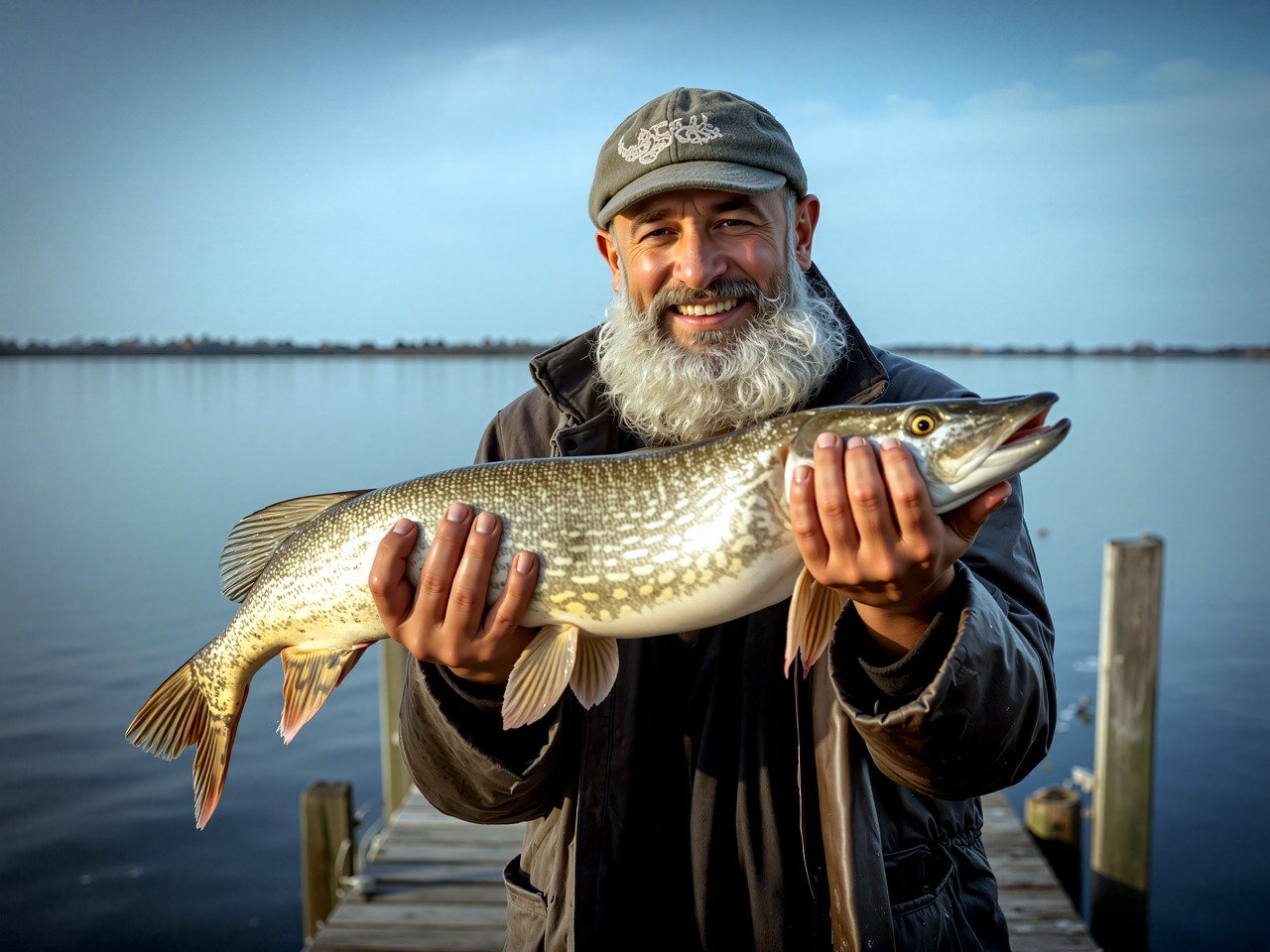Explore North Carolina's Freshwater Fish
Freshwater Fish Species in North Carolina
Discover the diverse and vibrant world of freshwater fishing in North Carolina, where each lake, river, and reservoir offers unique angling opportunities for enthusiasts of all levels.
Discover the Richness of North Carolina's Waters
Unveiling the Best Freshwater Fishing Destinations
North Carolina’s expansive network of lakes, rivers, and reservoirs provides a haven for freshwater fishing enthusiasts. Whether you’re a seasoned angler or a beginner, the state’s diverse aquatic ecosystems promise exciting catches and unforgettable experiences. Popular species such as largemouth bass, crappie, catfish, trout, sunfish, and walleye thrive across the mountains, Piedmont, and coastal plain regions, offering something for every fishing preference. Dive into our comprehensive guide to explore these species and plan your next fishing adventure with confidence.
Featured Freshwater Fish Species
Largemouth Bass
Known for their aggressive strikes and acrobatic leaps, largemouth bass are a favorite among anglers. Find them in lakes and rivers across the state.
Crappie
Crappie are popular for their schooling behavior and delicious taste. They are abundant in North Carolina’s reservoirs and lakes.
Catfish
These bottom-dwellers are known for their size and strength. Catfish can be found in rivers and lakes throughout North Carolina.
Trout
Trout thrive in the cool, clear waters of North Carolina’s mountain streams, offering a serene fishing experience.
Sunfish
Sunfish are perfect for beginners and children due to their abundance and willingness to bite. They inhabit ponds and lakes statewide.
Walleye
Walleye are prized for their elusive nature and excellent table fare. Look for them in the deeper waters of lakes and reservoirs.
Bluegill
Bluegill are small but feisty, providing fun for anglers of all ages. They are commonly found in ponds and lakes.
Striped Bass
Striped bass are known for their powerful runs and are often found in larger lakes and reservoirs.
Explore Fish Categories
Bass Species
Panfish Varieties
Catfish Types
Trout Families
What Anglers Are Saying
John D., Raleigh
Emily S., Charlotte
Michael T., Asheville
Discover More Fishing Adventures
Ready to dive deeper into North Carolina’s fishing scene? Check out our guides on the best local spots, seasonal tips, and top gear recommendations to enhance your fishing experience. Join our community and make your next fishing trip unforgettable!

